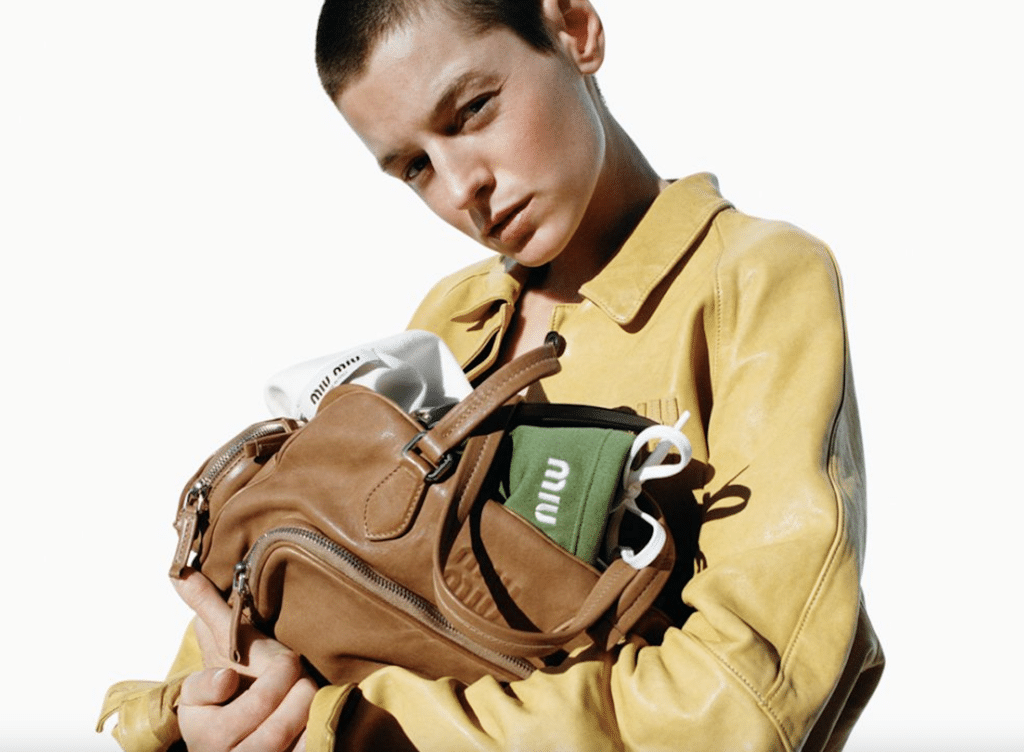A federal jury handed Thom Browne a trademark-centric win against adidas after an eight-day trial in New York City in January 2023. The headline-making verdict – which found that Thom Browne, a cult-followed fashion brand best known for its signature shrunken suiting, did not engage in trademark infringement or dilution by offering up apparel and footwear bearing a four-stripe motif – followed from more than four years of back-and-forth between the parties since adidas first initiated an opposition proceeding in 2018 in response to a trademark application that Thom Browne filed in the European Union for a four-striped mark.
Setting the stage for the now-completed trademark trial, adidas filed a trademark infringement and dilution suit against Thom Browne with the U.S. District Court for the Southern District of New York in June 2021. The German sportswear giant – which has been using a 3-stripe logo since the 1950s and is notoriously litigious when it comes to others’ use of lookalike marks – alleged that New York-based Browne was engaging in “direct competition with [it] by offering sportswear and athletic-styled footwear that bears confusingly similar imitations” of its three stripes.
All the while, counsel for Zegna-owned Thom Browne pushed back against adidas’ claims, arguing that, among other things, the likelihood of consumer confusion is low due to the two companies’ respective positions in the market and with very different price points.
With the case now in the midst of an appeal before the U.S. Court of Appeals for the Second Circuit, we have put together a brief running timeline of notable filings (complete with links to any corresponding articles) in order to help you to stay abreast of developments …
Jul. 29, 2024: Judge Jed Rakoff reconfirmed the court’s “bottomline” order of May 3, 2024, denying adidas’s motion for a new trial.
May 31, 2024: Counsel for adidas lodged a notice of appeal to the United States Court of Appeals for the Second Circuit from the lower court’s May 3 order, which denied its Rule 60(b) motion for a new trial. “While the May 3 Order notes that ‘[a]n opinion setting forth the reasons for this ruling will be issued in due course,'” adidas argues that “the Order conclusively ‘denie[d] Adidas’s motion’ and thus, became final and appealable upon entry in the civil docket.”
May 3, 2024: The U.S. Court of Appeals for the Second Circuit affirmed Judge Rakoff’s February 2023 final judgment, and in a separate order, Judge Rakoff denied adidas’s motion for a new trial, stating that “an opinion setting forth the reasons for this ruling will be issued in due course, at which time judgment will enter.”
Apr. 17, 2024: Counsel for adidas and Thom Browne appeared before a panel of judges for the U.S. Court of Appeals for the Second Circuit for oral arguments centering on whether they should grant adidas’ bid for a new trial. Counsel for adidas claims that, among other issues, SDNY Judge Jed Rakoff gave the jury incorrect instructions on how to gauge consumer confusion, thereby, favoring Thom Browne. Specifically, Charles Henn of Kilpatrick Townsend argued on adidas’ behalf that Judge Rakoff erred in telling jurors to consider the “competitive proximity” between adidas and Thom Browne when adidas was not arguing point of sale confusion.
“Adidas expressly said it was not asserting confusion at the point of sale, and instead, limited its theories of confusion to initial interest confusion and post-sale confusion,” Henn told the Second Circuit panel. As such, Henn argues that the judge should not have prompted the jury to consider whether the parties compete for the same consumers.
Counsel for Thom Browne, Robert Thomas Maldonado of Wolf Greenfield, argued in response that the court “made it clear that this was a pre-sale and post-sale confusion case,” Moreover, he told the panel that “the instruction on competitive proximity is not an instruction that is limited to point-of-sale cases, [and] competitive proximity is relevant, even in post-sale cases.”
Mar. 20, 2024: Still clashing over a number of emails that Thom Browne allegedly failed to include in discovery during the parties’ trial, adidas and Thom Browne have lodged responses to each other’s supplemental briefings. (Thom Browne’s reply can be found here, and adidas’ reply can be found here.)
Mar. 13, 2024: The parties have lodged supplemental briefings reflecting on two questions posed by the court regarding Browne’s alleged “bad faith” failure to produce relevant emails during discovery. In its filing, adidas argued, among other things that “nearly every court to address the issue [of whether an innocent failure to produce documents during discovery constitutes ‘misconduct’ within the meaning of FRCP 60(b)(3)] has held that an innocent, inadvertent, or accidental failure to produce requested documents in discovery may qualify as misconduct … and the one appellate decision purportedly in disagreement with the great weight of authority nonetheless held that avoidable accidents may also qualify—a very low threshold.”
Moreover, adidas asserted that “post-hearing discovery revealed that Thom Browne’s failure to produce Emails 1-4 was intentional, or at the very least, grossly negligent,” thereby, “easily clear[ing] the Sixth Circuit’s (incorrect) ‘avoidable accident’ threshold under the first element of Rule 60(b)(3) and likely warrants a presumption of substantial interference under the second element.”
Meanwhile, counsel for Thom Browne argues that the innocent failure to produce documents during discovery cannot constitute “misconduct” within the meaning of Rule 60(b)(3), and that in order to obtain “the drastic relief of overturning a jury verdict,” adidas must prove, by clear and convincing evidence, an affirmative bad act by Thom Browne.
And in terms of why the four emails that form the basis of adidas’s motion were not produced during discovery and to what degree Thom Browne (or its counsel) was culpable for the failure to produce the emails, Thom Browne’s counsel argues that it utilized standard ESI discovery protocol and that the four emails at issue “were not produced during discovery due to an innocent mistake stemming from a misunderstanding between Thom Browne’s counsel and [its] e-Discovery vendor in this matter, Consilio.”
Additionally, Thom Browne claims that “the unequivocal testimony from all witnesses demonstrates an absence of any intent to deprive adidas of non-privileged, responsive documents in this litigation” and also demonstrates that “no one was instructed to withhold the four emails from production,” nor did Thom Browne or its counsel make any efforts to conceal responsive documents, including the four emails.
Feb. 28, 2024: Amid adidas’ push for a new trial, the court is calling on both parties to submit supplemental briefings on the following two questions: (1) Can even an innocent failure to produce documents during discovery constitute “misconduct” within the meaning FRCP 60(b)(3), or must the moving party demonstrate some greater degree of culpability, such as negligence, gross negligence, or recklessness?; and (2) In light of the additional discovery that the parties have received, why were the four emails that form the basis of Adidas’s motion not produced during discovery, to what degree was Thom Browne (or its counsel) culpable for the failure to produce the emails and does that degree of culpability satisfy the aforementioned “misconduct” standard under Rule 60(b)(3)?
This is a short excerpt from a Timeline that was published exclusively for TFL Pro+ subscribers. Inquire today about how to sign up for a Professional subscription and gain access to all of our exclusive content.











